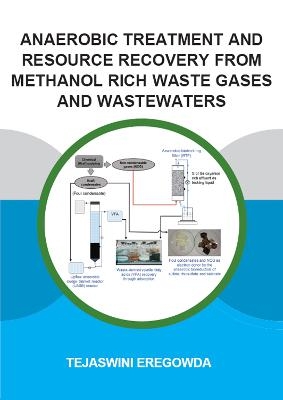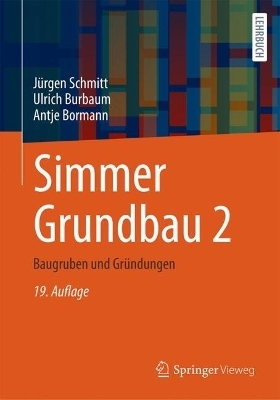
Anaerobic Treatment and Resource Recovery from Methanol Rich Waste Gases and Wastewaters
CRC Press (Verlag)
978-0-367-41846-5 (ISBN)
Methanol is an important volatile organic compound (VOC) present in the gaseous and liquid effluents of process industries such as pulp and paper, paint manufacturing and petroleum refineries. An estimated 65% of the total methanol emission was from the Kraft mills of the pulp and paper industries. The effect of selenate, sulfate and thiosulfate on methanol utilization for volatile fatty acids (VFA) production was individually examined in batch systems. Gas-phase methanol removal along with thiosulfate reduction was carried out for 123 d in an anoxic BTF. To examine the gas-phase methanol removal along with selenate reduction, another anoxic biotrickling filter (BTF) was operated for 89 d under step and continuous selenate feeding conditions. For the study on liquid-phase methanol, acetogenesis of foul condensate (FC) obtained from a chemical pulping industry was tested in three upflow anaerobic sludge blanket (UASB) reactors operated at 22, 37 and 55 ºC for 51 d. The recovery of VFA was explored through adsorption studies using anion exchange resins in batch systems. The adsorption capacity of individual VFA on Amberlite IRA-67 and Dowex optipore L-493 was examined by fitting the experimental data to adsorption isotherms and kinetic models. A sequential batch process was tested to achieve selective separation of acetic acid from the VFA mixture.
Tejaswini Eregowda was born on 19 October, 1989 in Holenarsipura, India. Raised in Bengaluru, Tejaswini received her bachelor degree in Engineering (Biotechnology) from PES Institute of Technology in 2011 and received AICTE-GATE scholarship to support her master degree in Technology (Environmental Engineering) at Manipal Institute of Technology (2011-2013). She was selected as a student intern to work at Gentech Propogation Ltd (United Kingdom) through the International Association for the Exchange of Students for Technical Experience (IAESTE). She has worked at Environmental Management and Policy Research Institute (EMPRI) as information officer for the Environmental Information Systems (ENVIS) division. Tejaswini started her PhD in environmental technology at UNESCO-IHE Institute of Water Education (Delft, the Netherlands) under the framework of the Marie Sklodowska-Curie European Joint Doctorate (EJD) in Advanced Biological Waste-to-Energy Technologies (ABWET), supported by Horizon 2020. During her PhD, she carried out a part of her research at Tampere University of Technology (Tampere, Finland). Her research focused on anaerobic treatment of methanol rich waste-gases and wastewaters, bioreduction of sulfur and selenium oxyanions and to explore resource recovery through the production of methane or volatile fatty acids.
General introduction, Literature review, Selenate and thiosulfate reduction using methanol as electron donor, Performance of a biotrickling filter for anaerobic utilization of gas-phase methanol coupled to thiosulphate reduction and resource recovery through volatile fatty acids production, Gas-phase methanol fed anaerobic biotrickling filter for the reduction of selenate under step and continuous feeding conditions, Selenate bioreduction using methane as the electron donor in a biotrickling filter, Volatile fatty acid production from Kraft mill foul condensate in upflow anaerobic sludge blanket reactors, Volatile fatty acid adsorption on anion exchange resins: kinetics and selective recovery of acetic acid, General discussion and conclusions.
| Erscheinungsdatum | 29.10.2019 |
|---|---|
| Reihe/Serie | IHE Delft PhD Thesis Series |
| Verlagsort | London |
| Sprache | englisch |
| Maße | 170 x 240 mm |
| Gewicht | 362 g |
| Themenwelt | Naturwissenschaften ► Geowissenschaften ► Geologie |
| Naturwissenschaften ► Geowissenschaften ► Hydrologie / Ozeanografie | |
| Technik ► Bauwesen | |
| Technik ► Umwelttechnik / Biotechnologie | |
| ISBN-10 | 0-367-41846-0 / 0367418460 |
| ISBN-13 | 978-0-367-41846-5 / 9780367418465 |
| Zustand | Neuware |
| Informationen gemäß Produktsicherheitsverordnung (GPSR) | |
| Haben Sie eine Frage zum Produkt? |
aus dem Bereich


